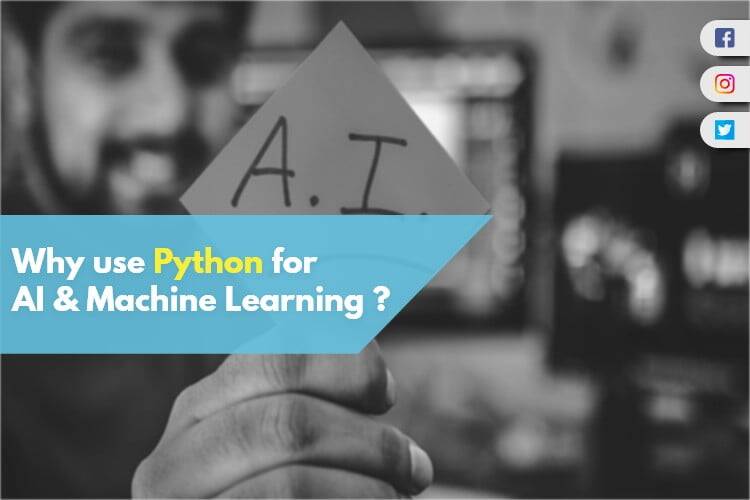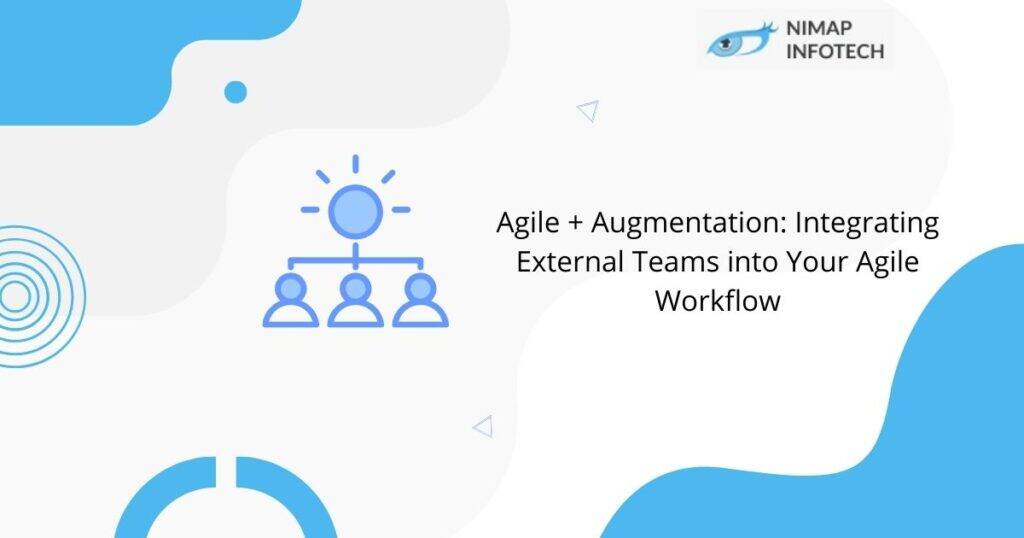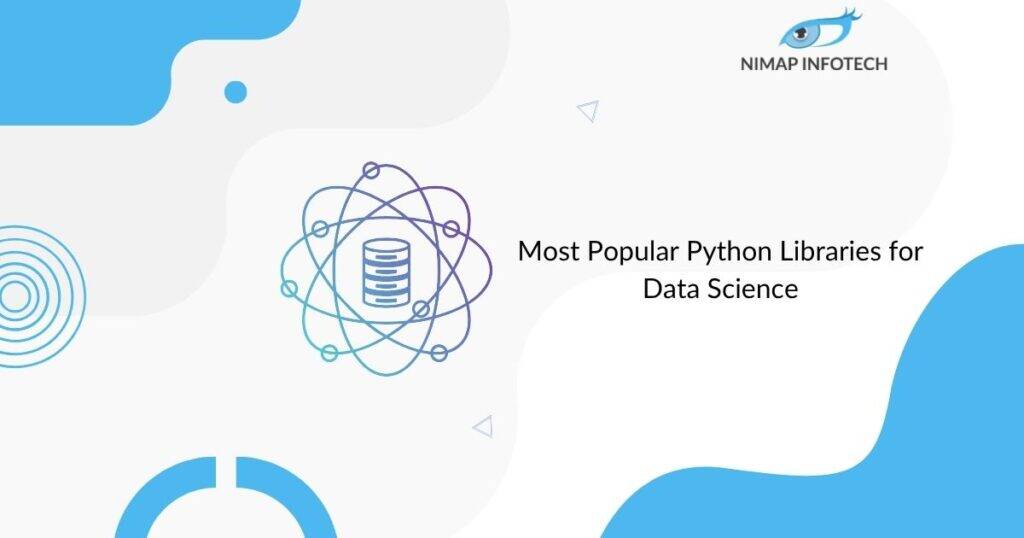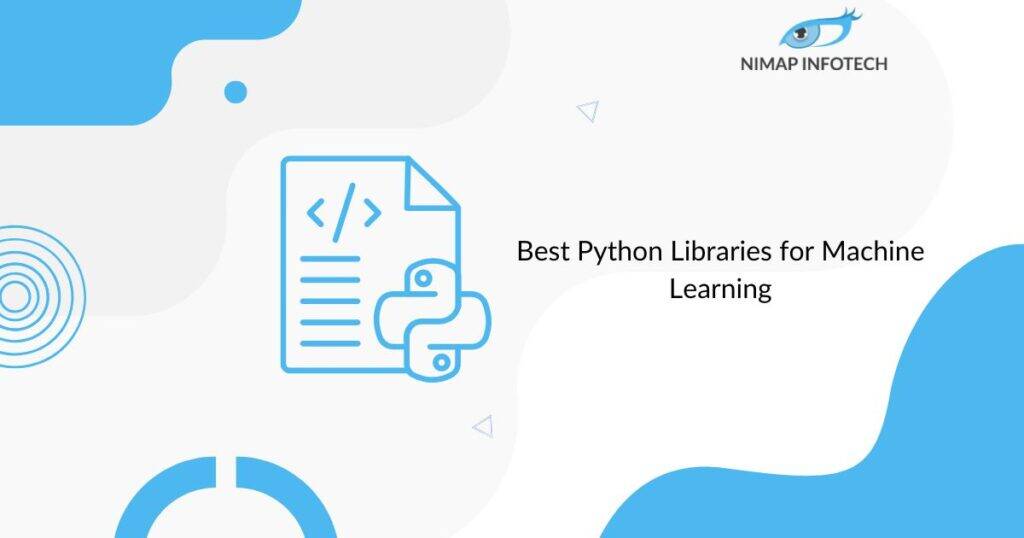AI and ML are very helpful with regard to handling and investigating enormous and convoluted information. It is not restricted like the human cerebrum, which can deal with information until a specific point as it were.
They are capable of giving exact expectations and bits of knowledge that can add to supporting your business, diminishing item costs, and expanding usefulness. Any Premier Python Web Development Company can assist you with growing such arrangements. These multiskilled parts of AI and ML are the reasons different businesses have begun applying them in their cycles. Python For Machine Learning will be the future, without a doubt.
In light of exploration by Deloitte, organizations that apply AI are going through a mechanical change that is driving them to build their usefulness.
The report additionally predicts that in the forthcoming 18 months to two years, the absolute number of organizations involving AI in their cycles and items to achieve higher productivity and vital objectives will for the most part go up. Basically, with fewer endeavours, AI can convey better results.
What Makes Python the Best Programming Language for Both AI and ML Applications?
Particularly, When the question is about AI, its projects differ from traditional software projects. Firstly, the differences lie in the technology stack that is being used, the skills that are required for an AI-based project, as well as the ability or the necessity of deep research. In order to implement your AI aspirations, you should consider making use of a programming language that is stable, flexible, as well as has all the tools available. Python offers all of this to the developers and programmers, which is why we see lots of Python AI projects today thus making it apt for the best fit.
From development to deployment as well as maintenance, Python helps developers and programmers be productive and confident about the software that they’re building and making. The benefits that make Python the best fit for machine learning and AI-based projects are simply abundant. These benefits include simplicity and consistency, access to great libraries and frameworks for AI and machine learning (ML), flexibility, platform independence, and a wide community. These are going to add to the overall popularity of the language.
Simple and Consistent:
- In Conclusion, Python offers concise easily understandable and readable code.
- While there are complex algorithms and versatile workflows that stand behind machine learning and AI, Python’s simplicity and easy-to-understand code allow developers and programmers to write reliable systems.
- Developers are able to get together and put all their effort into solving an ML problem instead of focusing on the technical nuances of the language.
- Additionally, Python is appealing to many programmers and developers as it’s easy to learn.
- Python code is understandable by humans just as plain English, which makes it easier to build models for machine learning.
- Many programmers say that Python is going to be much more intuitive than other programming languages. Others point out the many frameworks, libraries, as well as extensions that simplify the implementation of different Python-based functionalities.
- It’s generally accepted and acknowledged that Python is suitable for collaborative implementation.
- When the need stand to use multiple developers, python support comes first.
- Since Python is a general-purpose language that can be used for almost anything, it can do a set of complex machine-learning tasks and enable developers and programmers to build prototypes quickly. This in turn allows you to test your product for machine learning purposes.
An extensive selection of libraries and frameworks:
- Implementing AI and ML algorithms can be sometimes or at times tricky and require a lot of time.
- It’s vital to have a well-structured as well as compatible and well-tested environment to enable developers to come up with the best coding solutions.
- In order to reduce development time, programmers turn to a number of Python frameworks and libraries.
- A software library is nothing but a pre-written code that developers and programmers use to solve common programming tasks.
- Python, with its rich technology stack, has an extensive set of libraries that is used for artificial intelligence and machine learning. Here are some of them:
-
- Keras, TensorFlow, and Scikit-learn for machine learning
- NumPy for high-performance scientific computing as well as for data analysis
- SciPy used for advanced computing
- Pandas for general-purpose data analysis
- Seaborn for data visualization
- Scikit-learn features include classification, regression, and clustering algorithms like support vector machines, random forests, gradient boosting, k-means, and DBSCAN.
- The scientific and numerical Python libraries NumPy and SciPy are compatible with these functionalities.
- With these solutions, you can develop and create your product faster. Your development team won’t have to reinvent the wheel. You can make use of an existing library to implement the necessary features.
Also Read: How AI and ML have Revamped Mobile App Development Industry
Why is Python good for Artificial intelligence and Machine Learning?
The technologies that work best for popular AI use cases are included in this table. We recommend using these:
| Data analysis and visualization | NumPy, SciPy, Pandas, Seaborn |
| Machine learning | TensorFlow, Keras, Scikit-learn |
| Computer vision | OpenCV |
| Natural language processing | NLTK, spaCy |
Platform independence:
- Platform independence refers to a programming language or framework that enables developers to implement and use programs on different machines without significant changes.
- One key to Python’s popularity is that it is a platform-independent language.
- Python provides and enables support for many platforms including Linux, Windows, and macOS.
- What’s more, developers and programmers usually use services such as Google or Amazon for their computing needs.
- Companies and data scientists often utilize powerful GPUs on their own machines to train their machine learning (ML) models.
- And the fact that Python has always been platform-independent, makes training a lot cheaper and easier.
Great community and popularity:
- Stack Overflow’s Developer Survey 2018 ranked Python among the top 10 most popular programming languages, indicating that finding a development company with the required skills is possible.
Recommended Read: Difference Between Artificial Intelligence And Machine Learning
Conclusion
Python is the preferred language for AI and ML due to several major reasons. Python’s increasing popularity is key to using it for different ML and AI applications. Hope you like this blog on Why Use Python for Artificial Intelligence and Machine Learning. If you are looking to Hire Python Developer then do mail us at enquiry@nimapinfotech.com. You can also contact us at info@nimapinfotech.com.
Author
-

A technology enthusiast with over 14+ years of hands-on experience in the IT industry, I specialize in developing SaaS applications using Microsoft Technologies and the PEAN stack. I lead a team of 300+ engineers, holding multiple Microsoft certifications (MCSD, MCTS, MCPS, MCPD). My expertise spans across C#, ASP.NET, NodeJS, SQL Server, and Postgres.
View all posts








